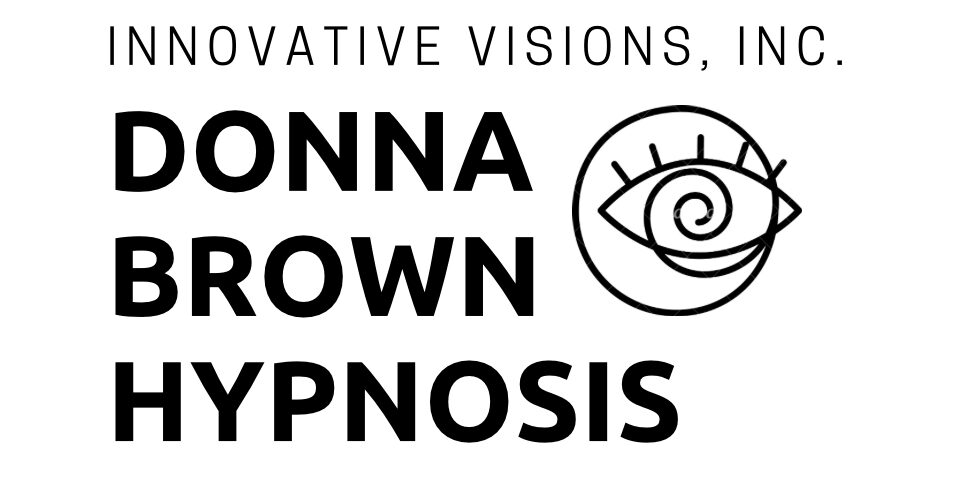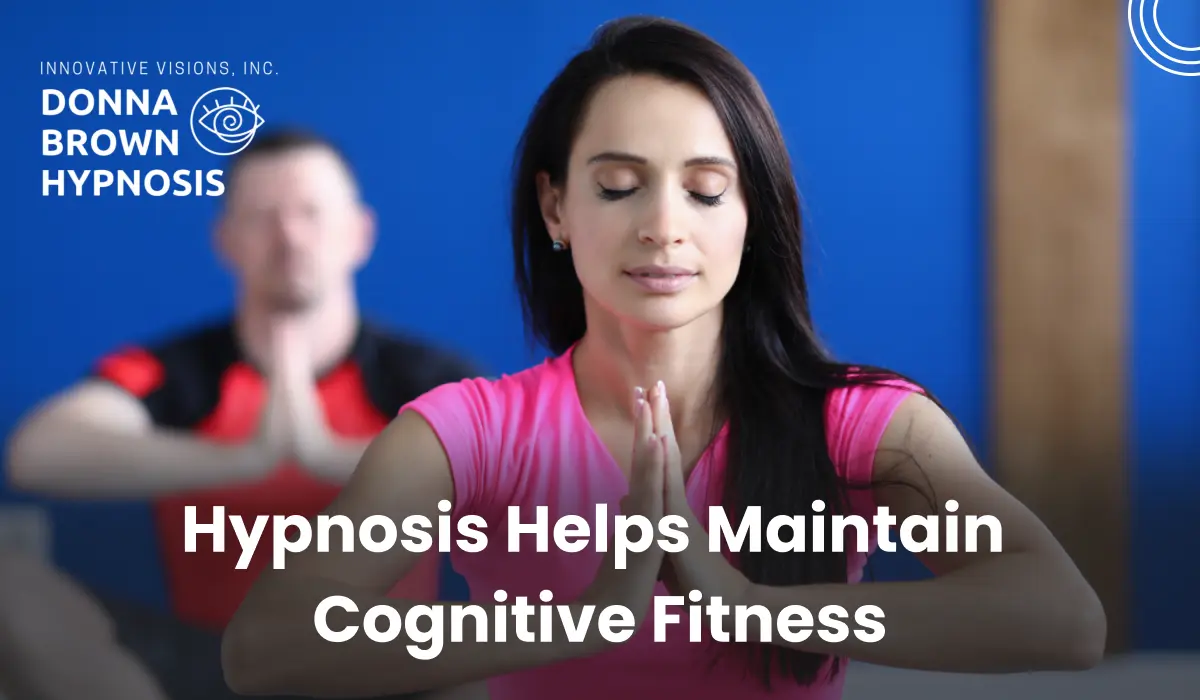This Harvard article gives you six strategies to help you maintain cognitive fitness. I am using Harvard’s bullet points to share information on how hypnosis and hypnotherapy can help you cruise through life.
1. Keep learning.
Sit back, relax, and imagine… When you imagine or visualize yourself doing something you wouldn’t normally do, your subconscious doesn’t know the difference between what you are pretending to do, and what you are literally doing.
You don’t necessarily need a higher level of education to continue learning as Harvard suggests. One of the keys is to diversify. New places, new people, new experiences in areas that interest you.
Learning something new can be simple. Shut down your autopilot for a day and stop at a different gas station, strike up a conversation with someone in the grocery storyline, eat a food you’ve never tasted, make a phone call towards your dream job or vacation, go somewhere you have never gone, commit to something you’ve never done, or engage in a new hobby.
Step out of your comfort zone and your brain goes into active learning and creating neural pathways.
You may want to try hypnosis or an emotion code session if you struggle with adding new ‘things’ into your life.
2. Use all your senses.
When you are open to the sights around you instead of plowing towards your destination, you create a sense of ease. Pull off the blindfold and ask yourself, “What do I see that brings happiness and joy into my life?”
- Smell that expensive drink before you gulp it down. This activates your digestive system.
- Listen to the birds and maybe even your spouse and children. I wonder what you have been unwilling to hear?
- Activate your taste buds. Recently I purchased ground vanilla (which I didn’t know existed until recently) instead of vanilla extract. I am having a blast in my kitchen because this can be used in many dishes and I’m like a mad scientist experimenting with new recipes.
- Touch someone. Hug yourself. Cuddle a pet. There is research on how important touch is to our emotional health. Many research articles say you need 12 hugs a day for growth.
In hypnosis, you use all your senses.
Example: Cleaning dishes can be a calm, focused endeavor if you choose to take the time to engage with all your senses. We run on autopilots which truly take the fun out of driving, cleaning, and communication.
3. Believe in yourself.
People don’t show up for Hypnosis, Access Bars, Emotion Code, and other learning modalities unless you know, that deep down they can help you change. Most self-help clinicians are guides that take you on a journey of self-discovery. Once you stop the negative thinking, you become more positive about what you ought to be capable of doing.
The Harvard article says, “If you believe you can improve and you translate that belief into practice, you have a better chance keeping your mind sharp.”
4. Prioritize your brain use.
The article also talks about organization. You can learn to be organized by using tools. Hypnosis is not magic.
Let me repeat that: Hypnosis is not magic.
You will actively participate, and that might take more than one session.
Let’s understand with an easy example: a young man grew up in a messy household and never learned how to clean up after himself. We worked on one change at a time until he found out how to organize his mind and his living space. Would you be able to walk into his house and find it sparkling? I seriously doubt it. Can he find his keys? Yes, because after the first session he purchased a plaque, hung up his keys as he walked in the door, and continued with this new habit.
Prioritize what you want to change in your life, or it will never change.
5. Repeat what you know.
When we use direct suggestions during a hypnosis session, we say the suggestion over and over. I’ve personally done so many self-hypnosis sessions that sometimes I find myself saying the phrase: Every day, in every way, my life gets better and better.
Once you clear out negative beliefs, you can install something more positive.
- Use affirmations.
- Change your self-talk.
- Stop yourself when you find yourself in that ‘not enough’ loop.
Take a breath and ask, “What’s right about me I’m not getting?” Don’t look for the answer. Stay in the question. Eventually, you will have an awareness of what it is you need to know.
6. Space it out.
Repetition over time creates habits. You can let go of the new as you replace it with a better habit.
Are you ready to increase your cognitive fitness with Donna Brown Hypnosis, Emotion Code®, Body Code® and Access Consciousness® tools?







